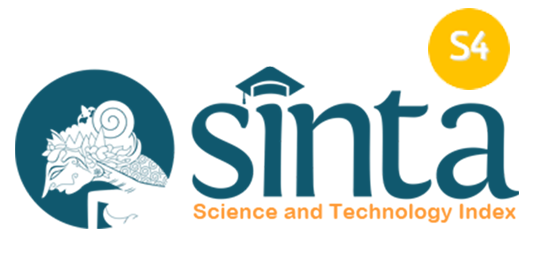Auditor Sensitivity Factors in Public Accountant Offices in Surabaya
DOI:
https://doi.org/10.33005/ebgc.v2i2.91Abstract
This study aims to determine the effect of experience, ethical orientation, and commitment to the ethical sensitivity of auditors at public accounting firms in Surabaya. In implementing the code of ethics, an auditor is required to be sensitive in seeing problems that occur. Ethical sensitivity must be possessed by the auditor before making ethical decisions. This will determine the quality of the decisions taken by the auditor. Data was collected by distributing questionnaires to 43 public accounting firms in Surabaya, and only 21 public accounting firms were willing to accept the questionnaire. Based on the results of the t test, showed that a significant level of experience 0.023 <0.05, ethical orientation idealism 0.012 <0.05, ethical orientation relativism 0.000 <0.05, professional commitment 0.041 <0.05, organizational commitment 0.042 <0.05. The results of this study are the experience and ethical orientation of relativism has a negative effect on the ethical sensitivity of auditors at public accounting firms in Surabaya. The ethical orientation of idealism, professional commitment, and organizational commitment has a positive effect on sensitivity at the Public Accounting Firm in Surabaya.









